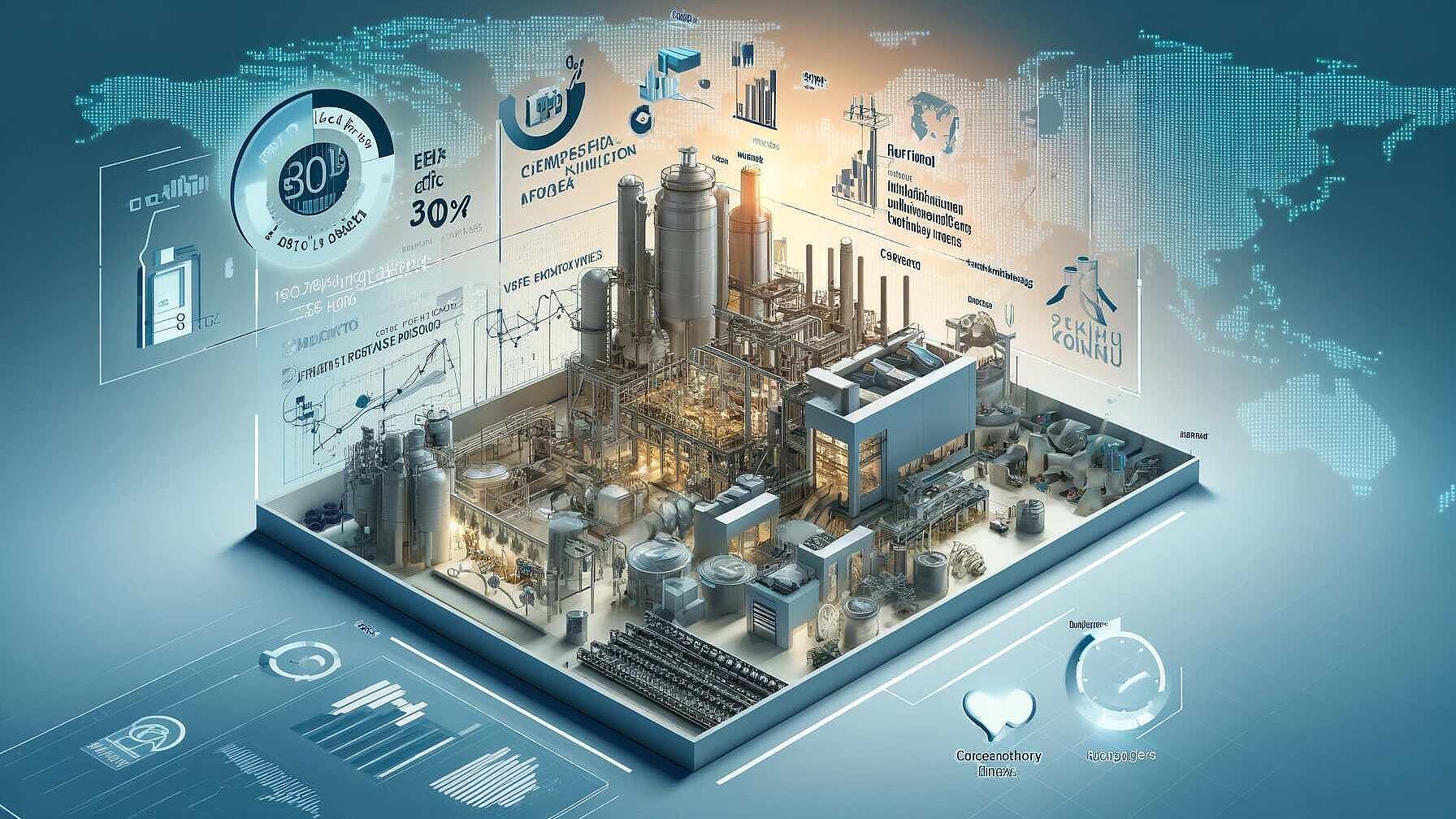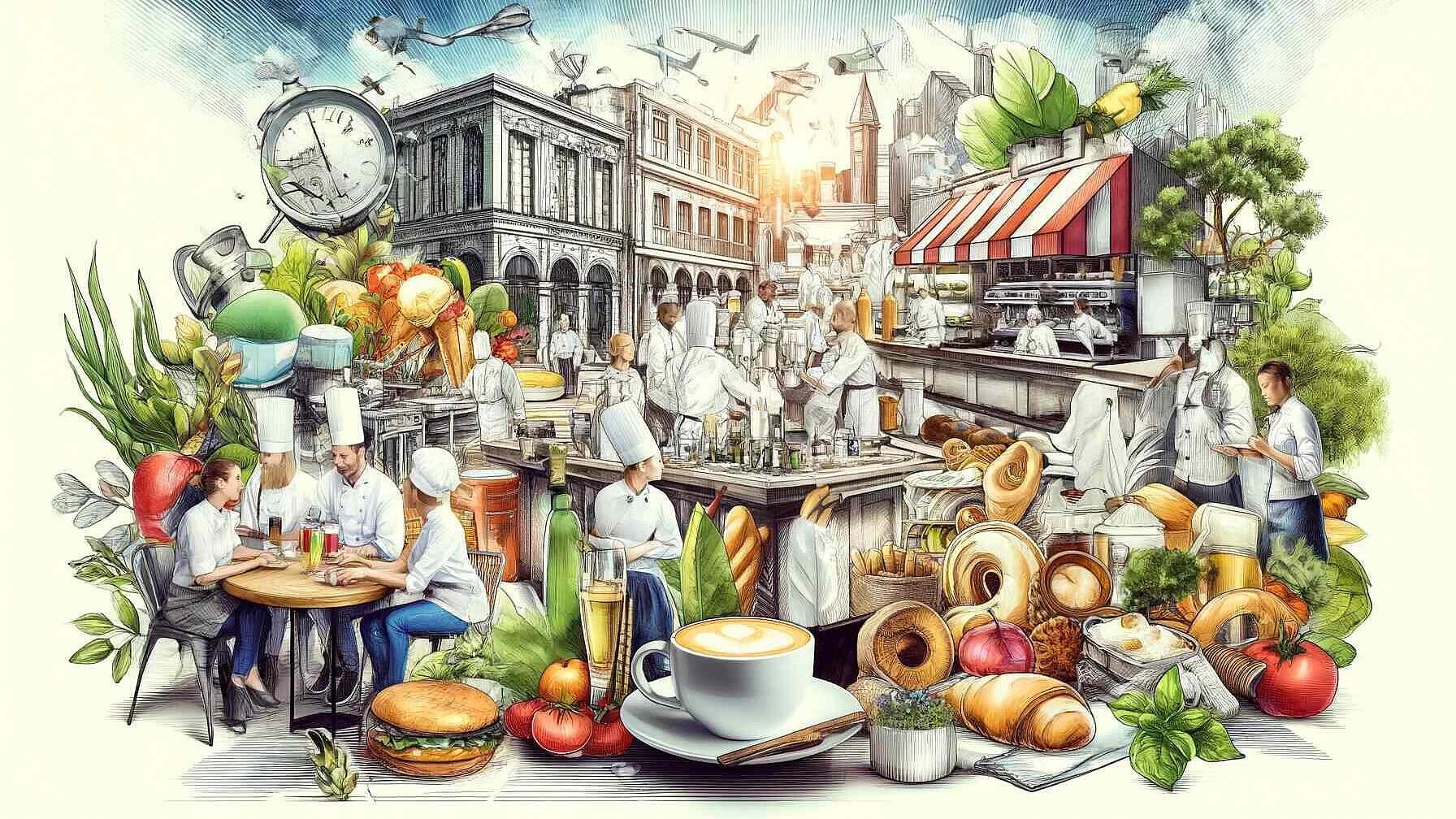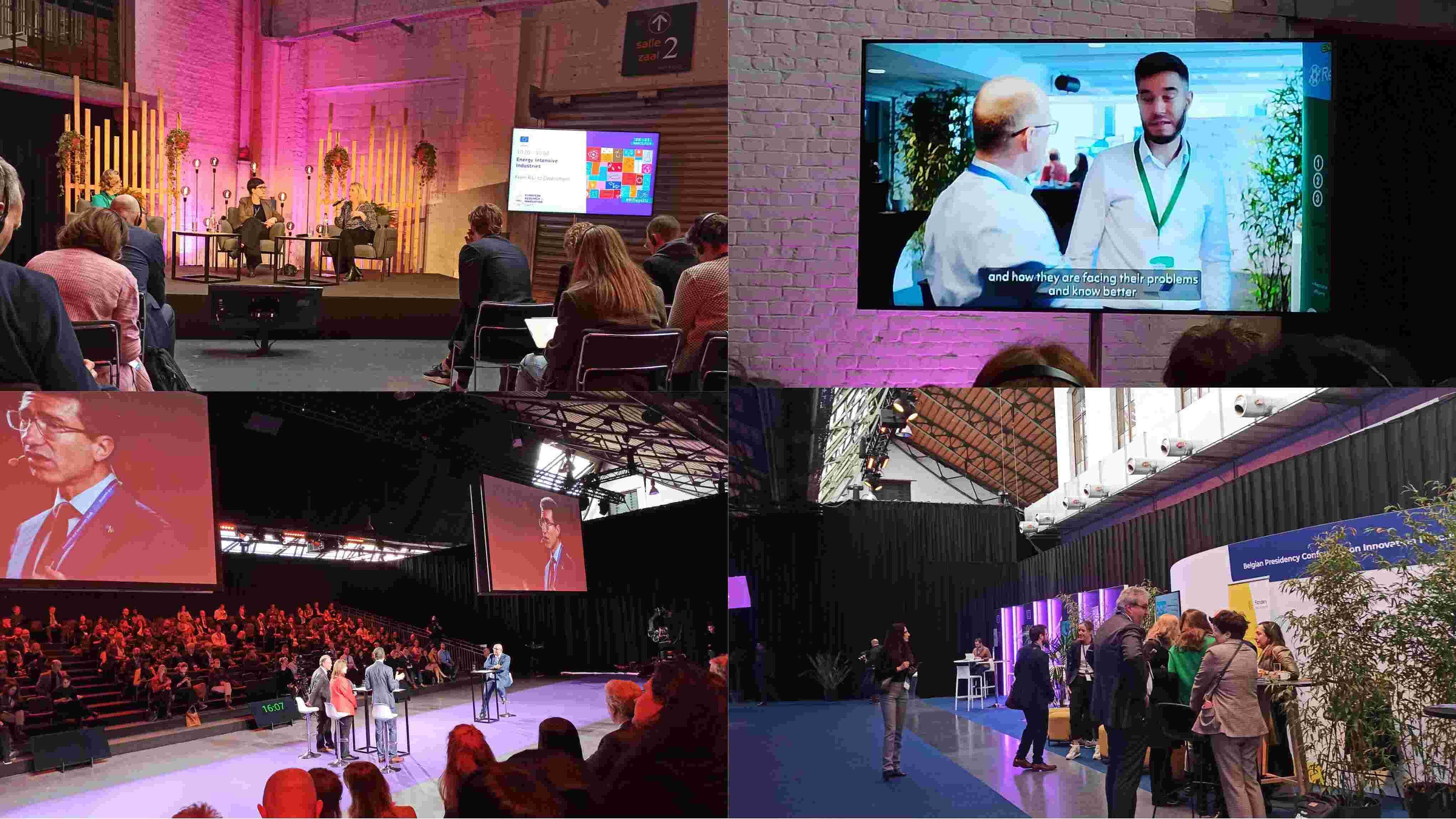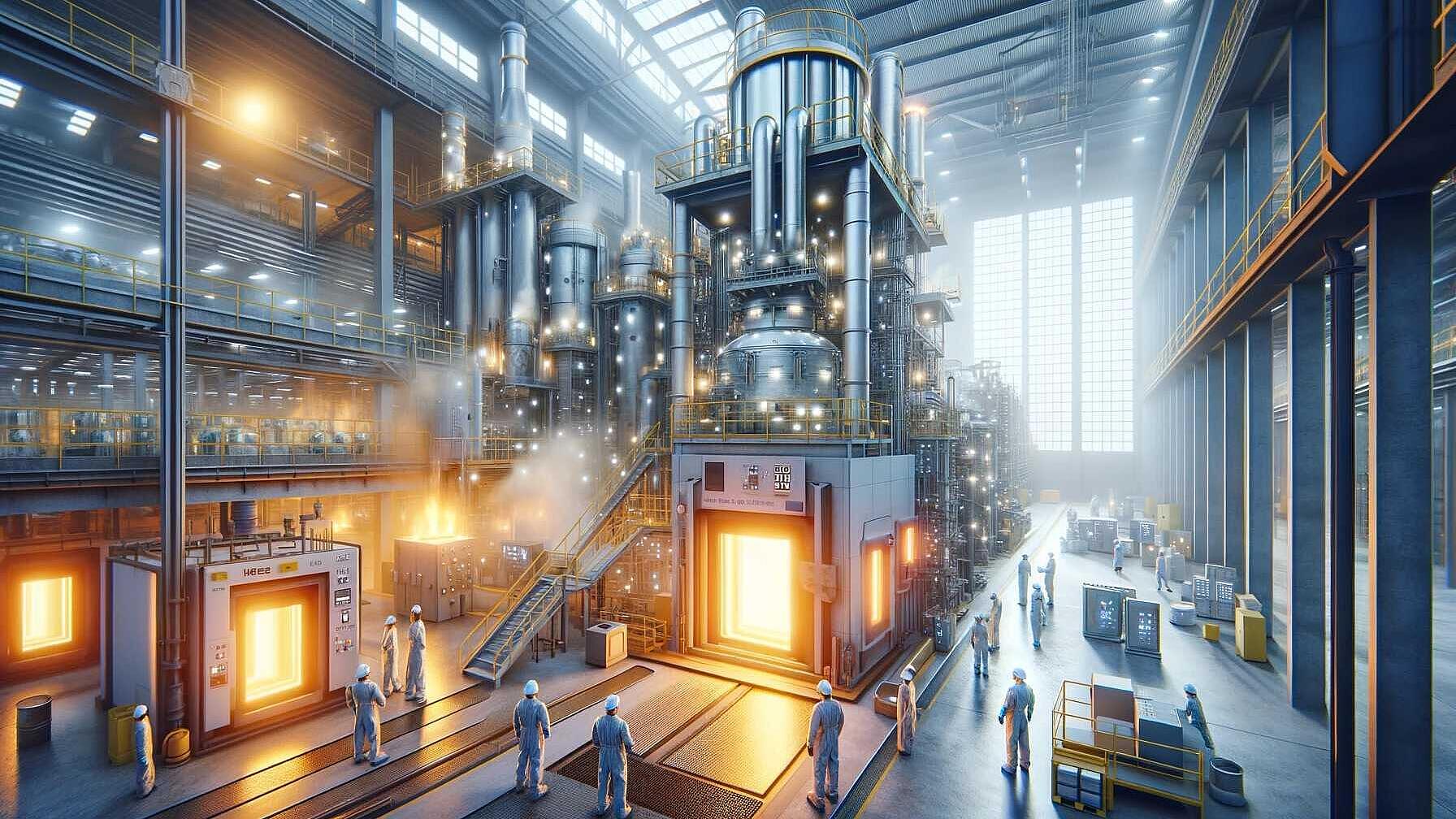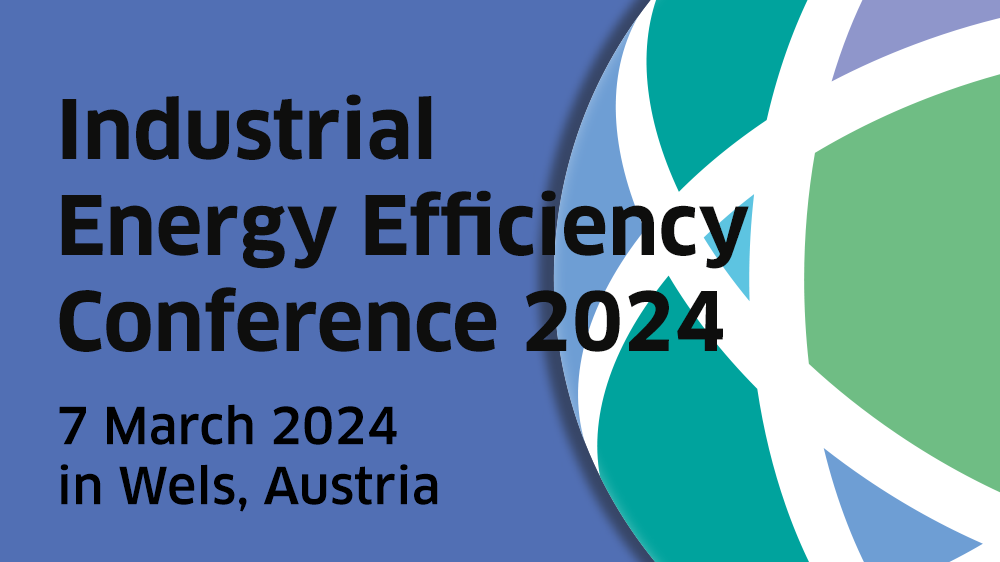 Energy Efficiency
Energy EfficiencyEnergy Efficiency
Enhancing Marketing Success through Food Value Chains: A Guide to Creating Shared Value
Food value chains are an innovative shift in the agribusiness sector, integrating social objectives with business operations. They are distinguished by their focus on transparency, stakeholder support, and sustainability. This approach not only meets consumer demands for ethically produced goods but also allows producers to retain a larger portion of food retail earnings. Collaboration within food value chains yields economic advantages, including better pricing, market targeting, and shared risk management, leading to increased financial stability for producers and allowing investment in sustainability. The chains positively affect communities and the environment, fostering resource conservation, carbon footprint reduction, local sourcing, and fair wages. This support for local economies can stimulate further economic growth. The sustainability of food value chains is contingent on leadership and shared values among participants, emphasizing transparency, ethical practices, and collective well-being. This leadership approach is key to building trust, cooperation, and ensuring the long-term success of these chains.
Leer Artigo completoNavigating the Global Food Value Chain: Challenges and Opportunities for the 21st Century
The paper discusses the complexities of the food value chain, addressing global food demand challenges due to population growth, urbanization, and changing diets. It explores advancements in agricultural technologies and strategic market responses towards sustainability and health-conscious consumption trends.
Leer Artigo completoHarnessing Energy Efficiency in the Food and Beverage Industry
The white paper discusses energy challenges in the food industry, emphasizing the need for efficiency amid rising global energy demands. It outlines strategic energy assessments and technological solutions like variable speed drives for reducing energy use and improving sustainability, citing case studies demonstrating significant energy savings.
Leer Artigo completoCompetitiveness of the European Energy-Intensive Industries
The European Round Table for Industry reports, authored by the Boston Consulting Group, highlight challenges in Europe's energy transition, advocating for regulatory changes to foster competitiveness amid higher energy costs, risk of deindustrialization, and the need for large-scale investment in energy infrastructure to meet Green Deal goals.
Leer Artigo completoPioneering the Path to Net Zero: Decarbonizing Heat in the Food and Drink
The UK's food and drink sector aims to cut emissions from electricity and heat by up to 80% from 2012 levels, but heat decarbonization lacks clear strategies. Transition hinges on overcoming financial, technical, and policy barriers, requiring government-industry collaboration and supportive measures.
Leer Artigo completoDecarbonising the European Food and Drink Sector: A Net Zero Roadmap
European food and drink manufacturers must decrease their 94 Mt CO2e emissions to align with the EU's 2050 net-zero goal. Decarbonisation involves sustainable practices, overcoming high costs, leveraging renewable energy, and adopting measures like advanced energy management to reduce emissions efficiently.
Leer Artigo completoTHE PATH TO TRANSFORMATION: EUROPEAN RESEARCH AND INNOVATION DAYS 2024
The European R&I Days highlighted the need for a comprehensive government approach involving research and innovation to achieve the European Green Deal’s decarbonization targets. Showcasing success stories, it emphasized collaboration for transforming energy-intensive industries and integrating R&I for a sustainable future.
Leer Artigo completoeLITHE project ignites the future of Sustainable Ceramic Industry decarbonization
The eLITHE project, funded by the EU and coordinated by Spain's Fundación CIRCE, aims to decarbonize the ceramic industry by electrifying high-temperature thermal processes. Running until 2027, with demonstrations in Spain, Greece, and Germany, it employs innovative heating solutions and digital technologies.
Leer Artigo completoEmissions Impacts of Alternative Fuels Combustion in the Cement Industry
The study analyzes alternative fuel impacts on U.S. cement industry emissions, finding marginal CO2 reductions and variable non-CO2 pollutant changes. Fuel types examined include waste and biomass, with a focus on CO2, SO2, NOx, and PM emissions across different replacement scenarios.
Leer Artigo completoWSED 2024: Energy Efficiency now – fast, smart, resilient!
The European Energy Efficiency Conference in Wels, Austria, from 6-7 March 2024, emphasizes urgent implementation of energy efficiency measures in response to fluctuating prices, geopolitical instability, and climate crisis. It addresses new EU targets, energy efficiency market demands, and showcases the EENOVA and DEESME EU projects. Over 60 speakers will cover policies, markets, financing, e-mobility, and industrial decarbonization. The event includes a tradeshow and opportunities for peer exchange and networking.
Leer Artigo completo

